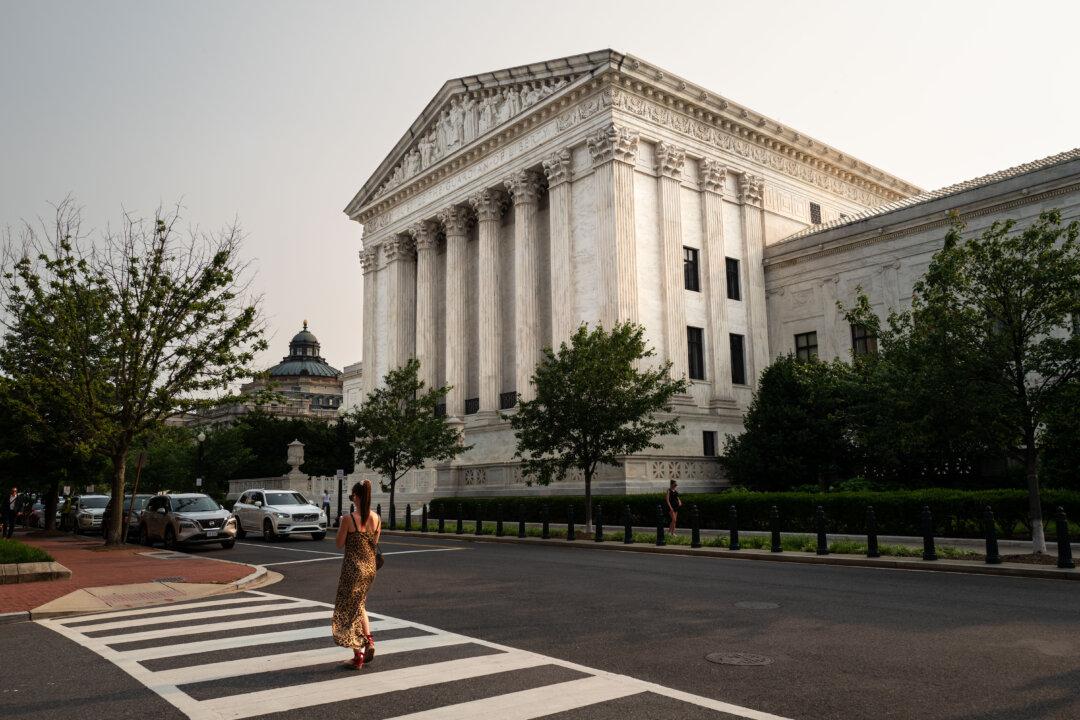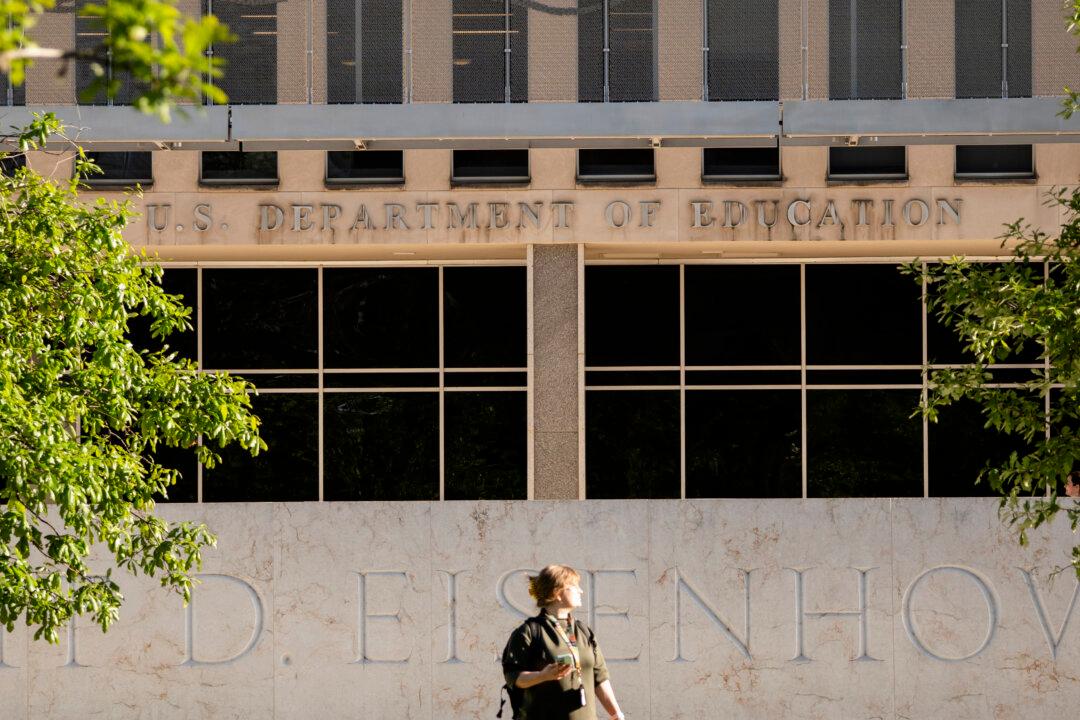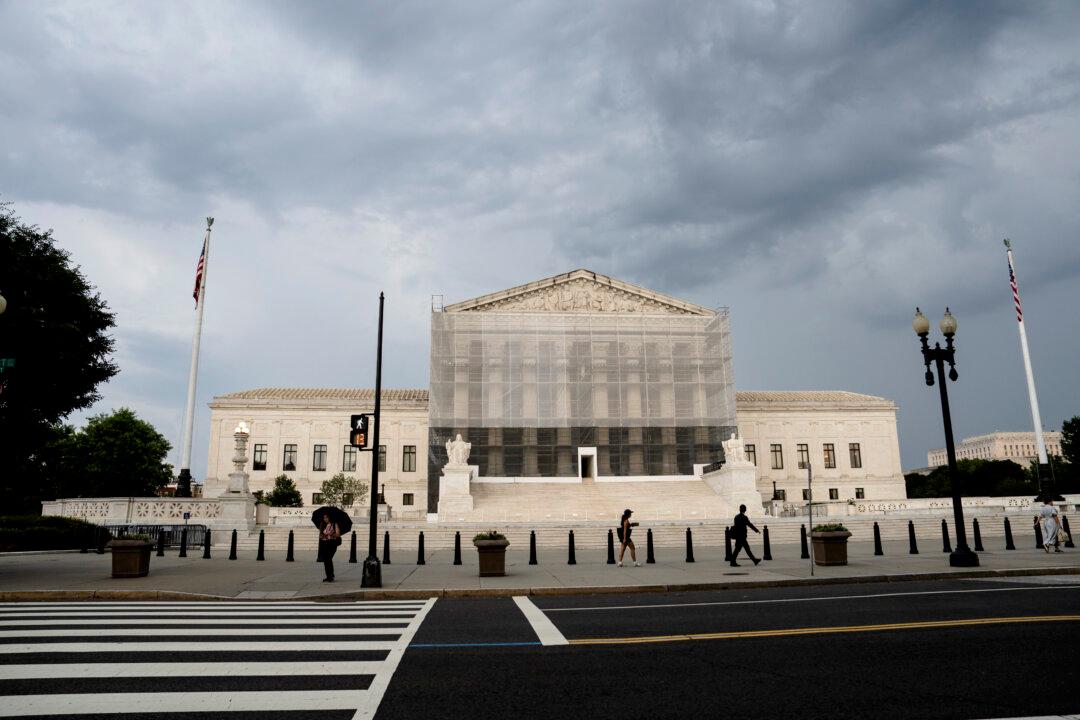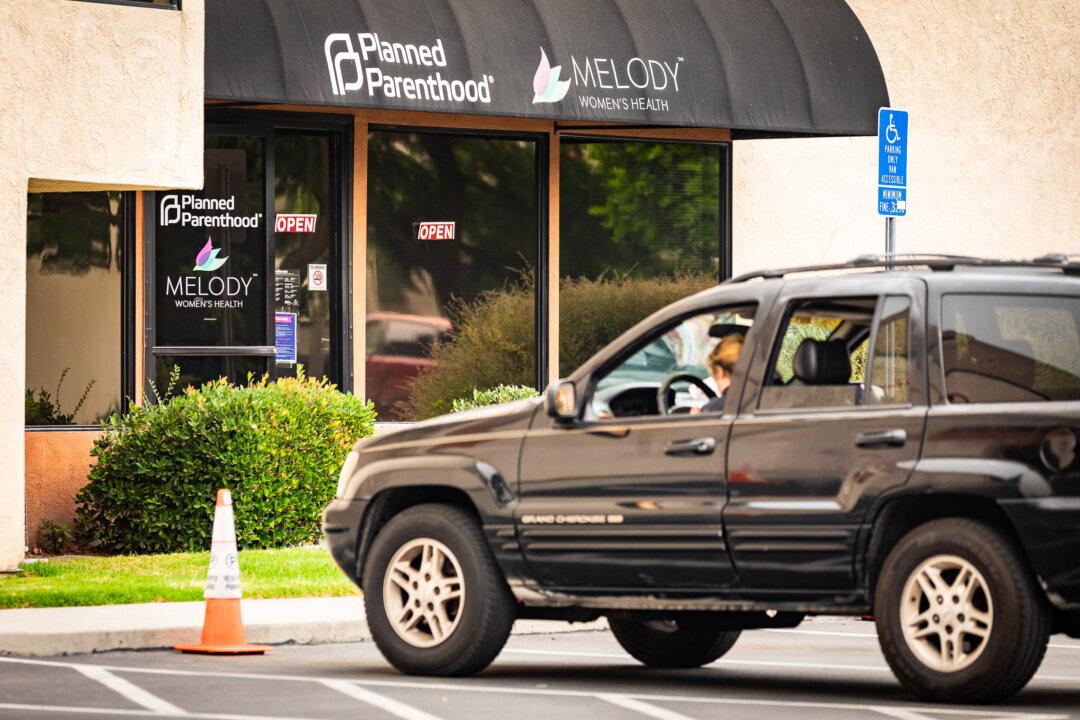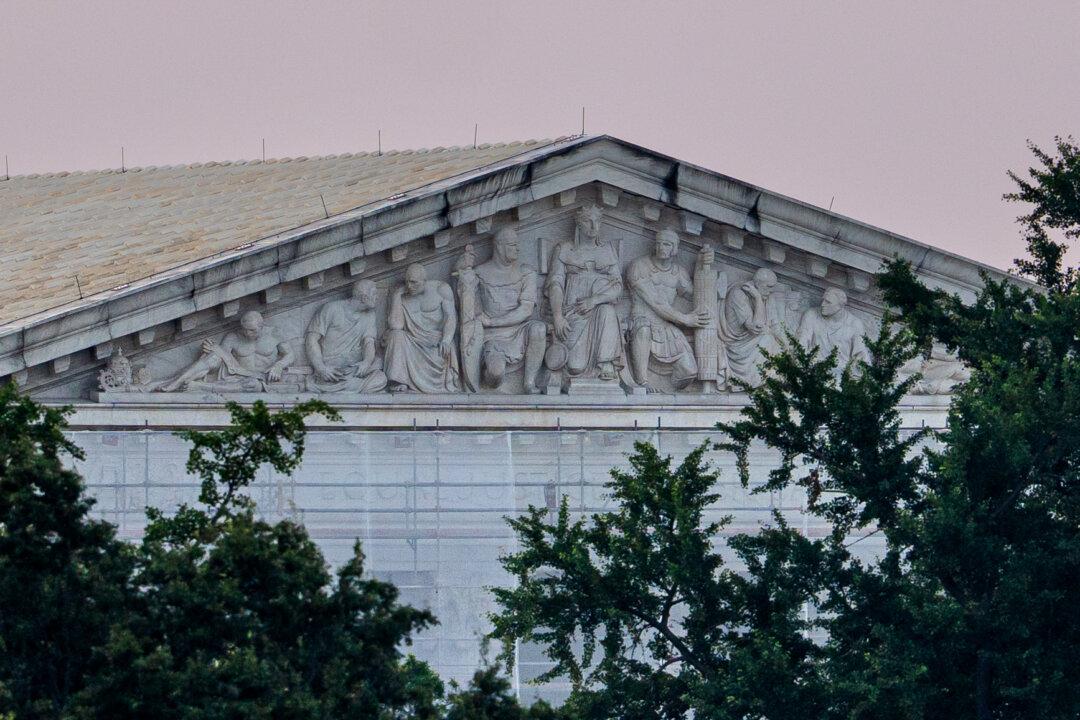The U.S. Supreme Court on June 4 declined to shield the identities of police officers fighting a public records request for information about their attendance at the Jan. 6, 2021, rally at the U.S. Capitol.
The new ruling came after the Washington Supreme Court ruled in February that the Seattle officers do not have a right to remain anonymous.
The four unidentified current and former Seattle law enforcement officers attended President Donald Trump’s rally and speech at the U.S. Capitol on Jan. 6, 2021. They said they did not participate in the civil unrest that followed.
They also say they were investigated and cleared of wrongdoing.
The officers argue that including their names in court records would infringe their First Amendment rights and chill their ability to express political opinions.
The application said that after the security breach at the Capitol in 2021, the Seattle Police Department ordered any police officers who attended the rally to report they attended and be investigated by the Office of Police Accountability (OPA).
After the four officers reported their presence at the rally, each one received a complaint from the OPA “alleging a possible violation of the law and [Seattle Police Department] policies by ‘trespassing on Federal property and/or participating in the planning and/or forced illegal entry of the U.S. Capitol Building that day,’” according to the application.
The investigation went beyond mere attendance at the rally and probed why they attended as well as “their political affiliations,” the application said.
In some cases, the officers were asked to explain “how their lawful attendance at this rally, in and of itself, did not amount to unprofessional conduct,” the application said.
“These very private questions strike at the very core of political speech that the government is now threatening to disclose publicly,” the application said.
“Core components of personal identity, such as political activities, are deeply private and not the proper subject of a public records request.
“Police officers are entitled to the same constitutional protections as all other Americans, and do not forfeit those rights by merely attending a political rally.”
After members of the public filed records requests regarding the investigations with the police department, the officers anonymously sued, seeking a preliminary injunction to block the release of their identities inside the public records, the application said.
The Division I branch of the appeals court held that the records requests amounted to “[compelled] disclosure of an individual’s political beliefs and associations,” and that such disclosure “could only occur if the government could ‘[demonstrate] a compelling state interest with sufficient relation to the information sought to be disclosed.’”
Justice Alito’s Statement
In his statement, Justice Alito said he agreed with the denial of the application because the applicants do not appear to have sought a stay from the Washington Supreme Court or any other court in that state before asking the U.S. Supreme Court to intervene. Nor have the applicants “adequately explained why at this point they still face an imminent danger of irreparable harm,” he said.Alito said the U.S. Supreme Court’s denial of the application should not be seen as an endorsement of the Washington Supreme Court’s ruling or of its take on the First Amendment.
“We have held that the First Amendment provides a measure of protection for the right to engage in anonymous political expression. … The applicants contend that this right will be violated if both their identities and their responses to questions on sensitive subjects are revealed,” Alito said.
“Our denial of review in this case should not be taken as manifesting any degree of support for the proposition that the disclosure at issue in this case is consistent with the First Amendment.”
